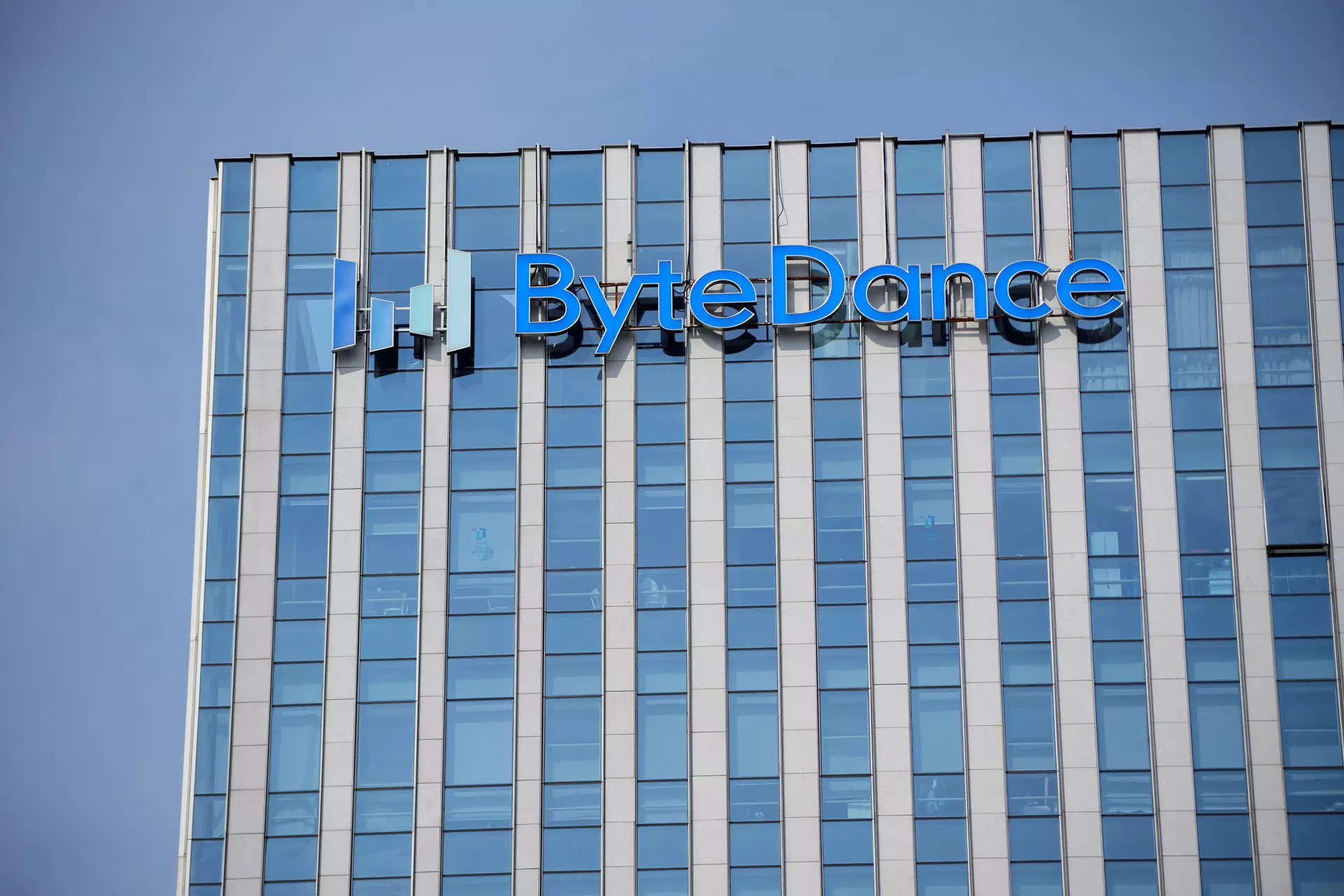As far as ChatGPT rival is concerned, the platform, currently unnamed, will reportedly provide users with tools to create their own chatbots, democratising access to this powerful technology. This could open the door for a wide range of applications, from customer service bots to personalised education assistants. It is expected that the new bot development platform will launch by the end of this month.
ByteDance is also working on a text-to-image generator for a while now. The generative AI model is very similar to Midjourney.
Big bet on AI
ByteDance is no stranger to AI. The company has heavily invested in this area, employing over 10,000 AI researchers and engineers globally. Its AI prowess is already evident in its core products, with TikTok’s recommendation algorithms being a prime example.
By entering the chatbot market, ByteDance will look to leverage its massive user base and data advantage. With billions of users generating content across its platforms, ByteDance possesses a vast trove of data that it can leverage to train its AI models and create even more engaging and personalised chatbot experiences.
The move also signifies ByteDance’s increasing focus on the global market. While TikTok has faced geopolitical scrutiny in the US, the company is actively pursuing expansion opportunities elsewhere. Launching a ChatGPT rival could help ByteDance establish a strong foothold in new markets.
However, ByteDance’s AI ambitions could face challenges. Concerns exist regarding the potential misuse of generative AI technology, such as the spread of misinformation and deepfakes. Additionally, ByteDance’s close ties to the Chinese government might raise concerns about data privacy and censorship, particularly in Western markets.
